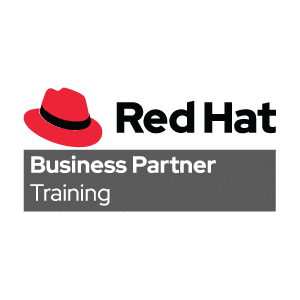Deploy, configure, manage, and migrate virtual environments
Red Hat Virtualization (RH318) teaches you the skills needed to deploy, administer, and operate virtual machines in your organization using Red Hat® Virtualization. Through numerous hands-on exercises, you will demonstrate the ability to deploy and configure the Red Hat Virtualization infrastructure and use it to provision and manage virtual machines. This offering also prepares you for the Red Hat Certified Specialist in Virtualization exam.
This course is based on Red Hat Enterprise Virtualization 4.3 and Red Hat Enterprise Linux® 7.6 and 8, as well as Red Hat Hyperconverged Infrastructure for Virtualization 1.6.









